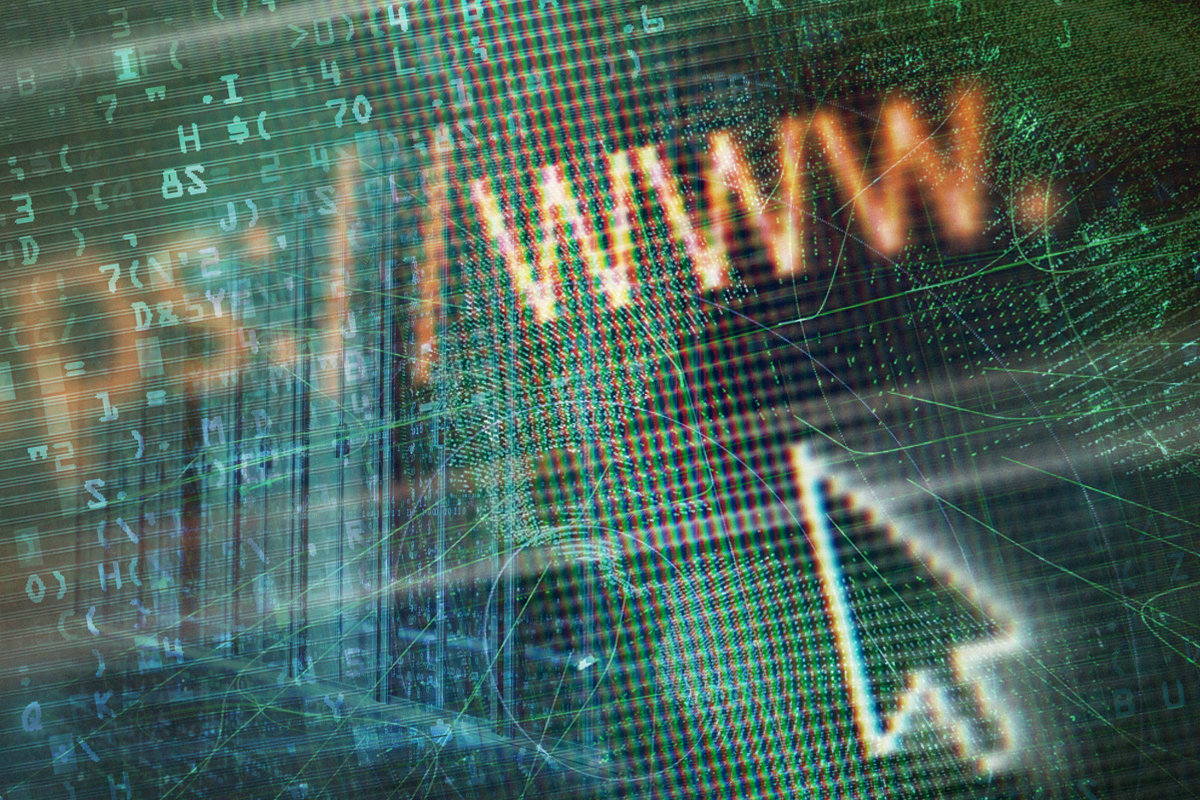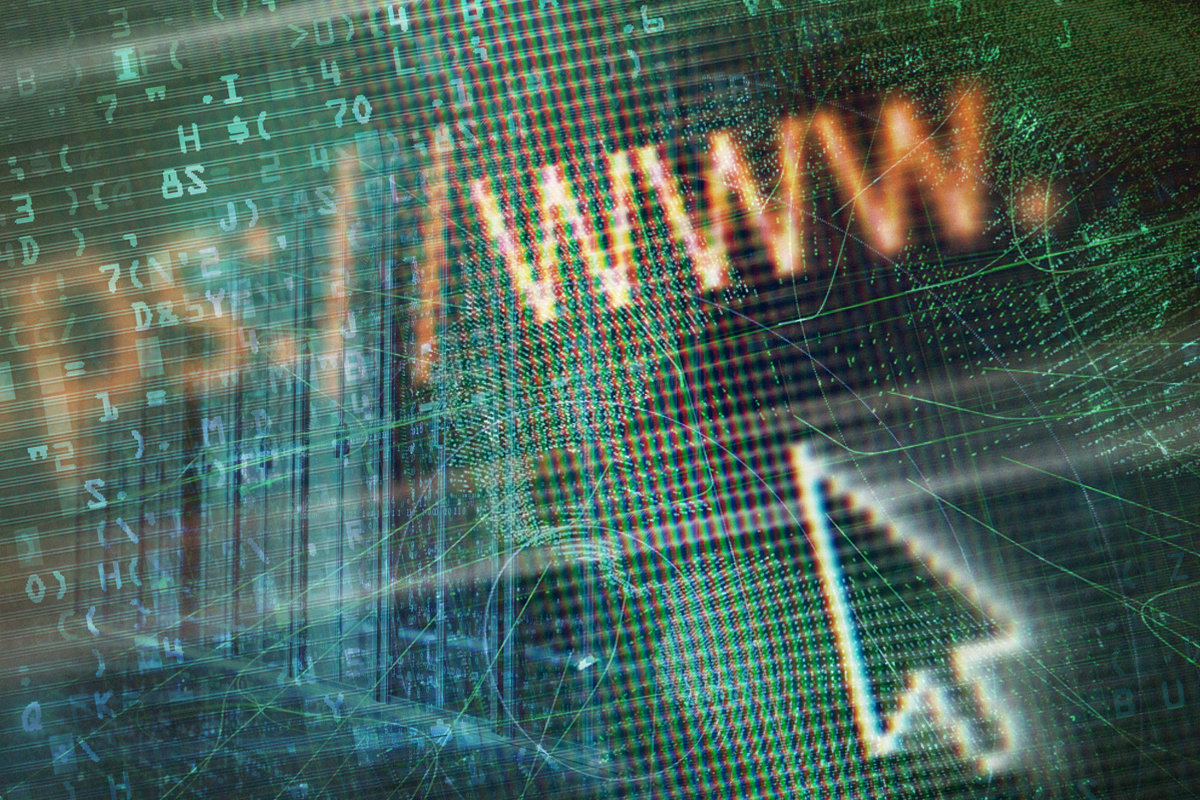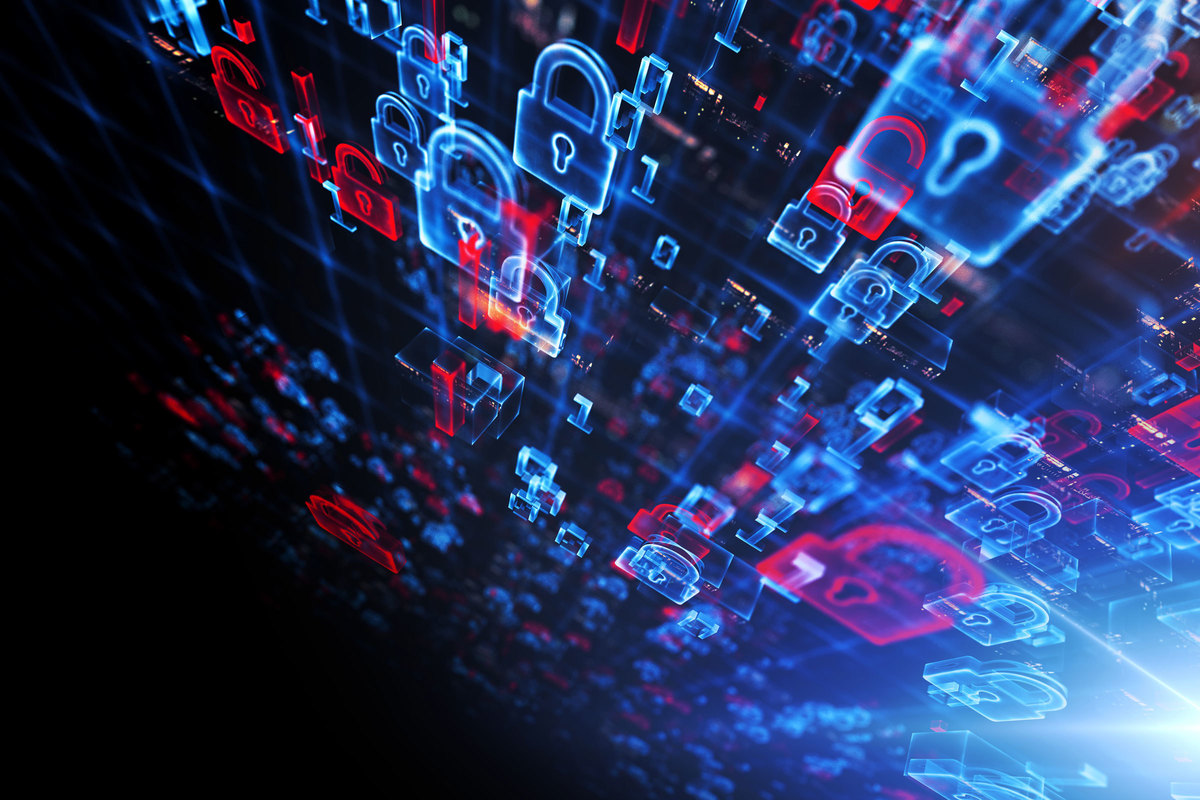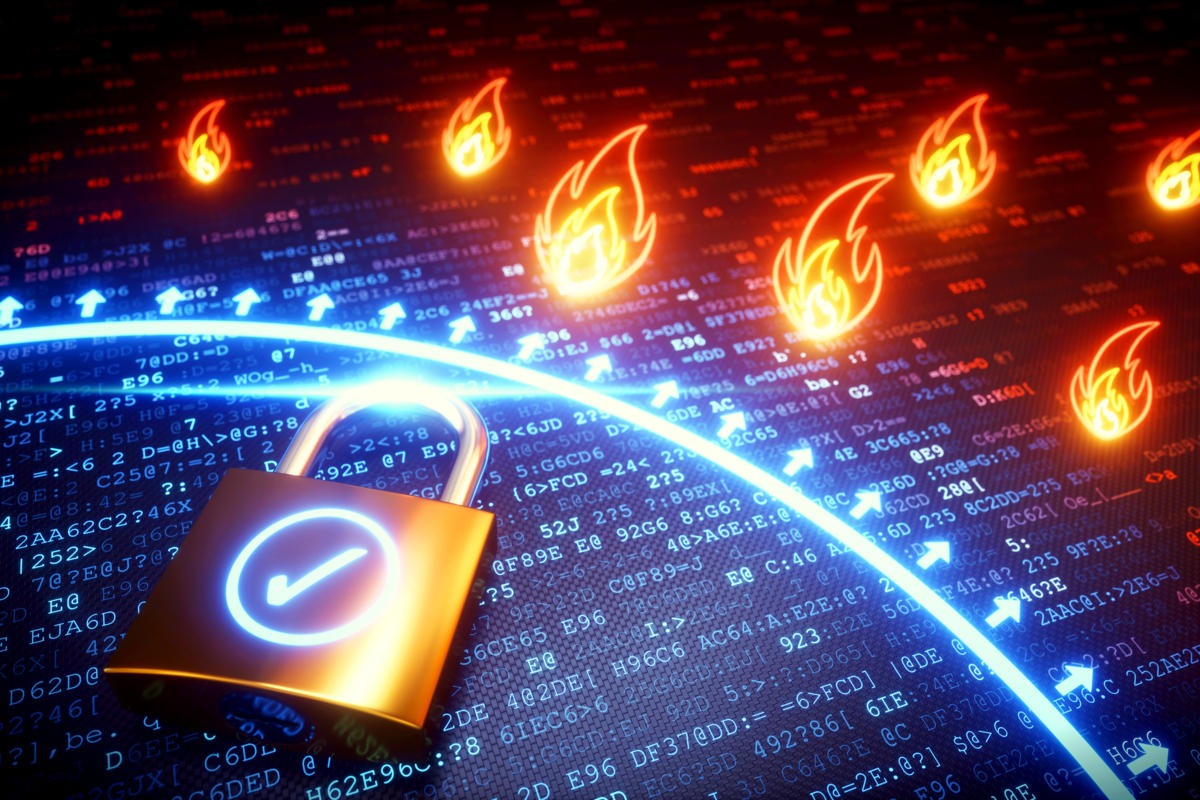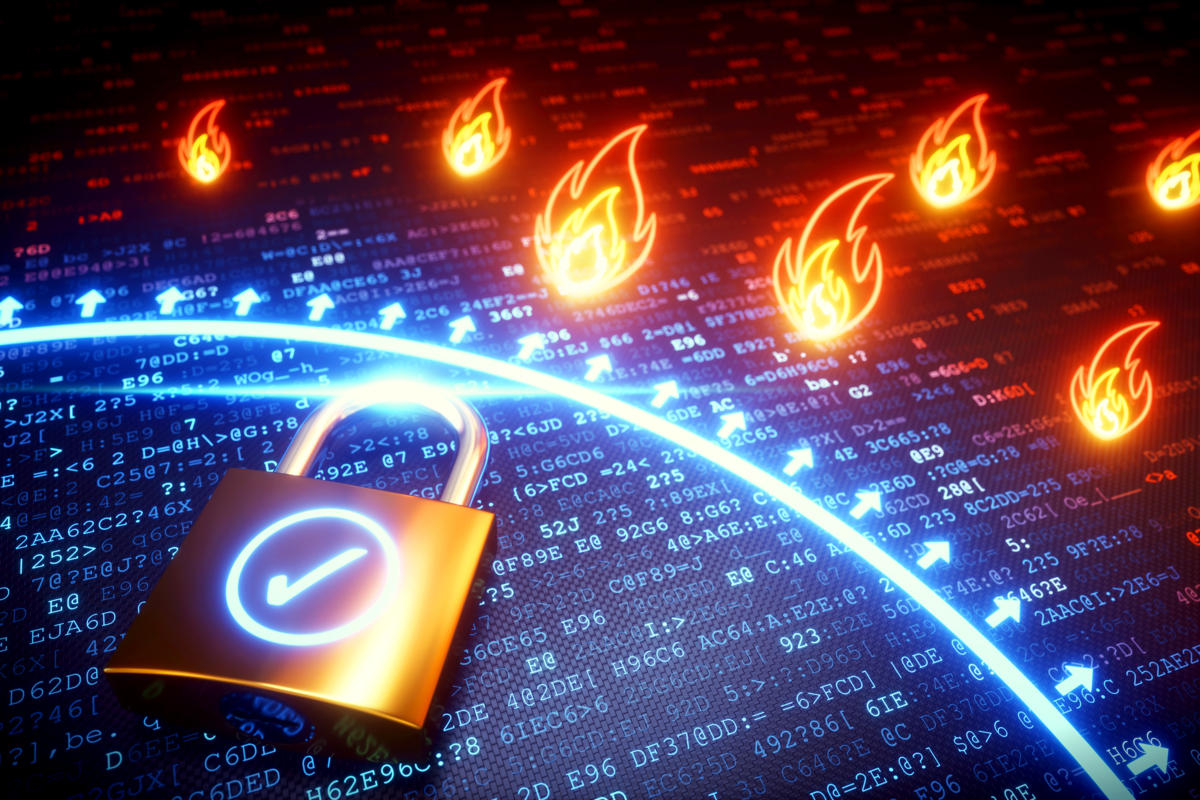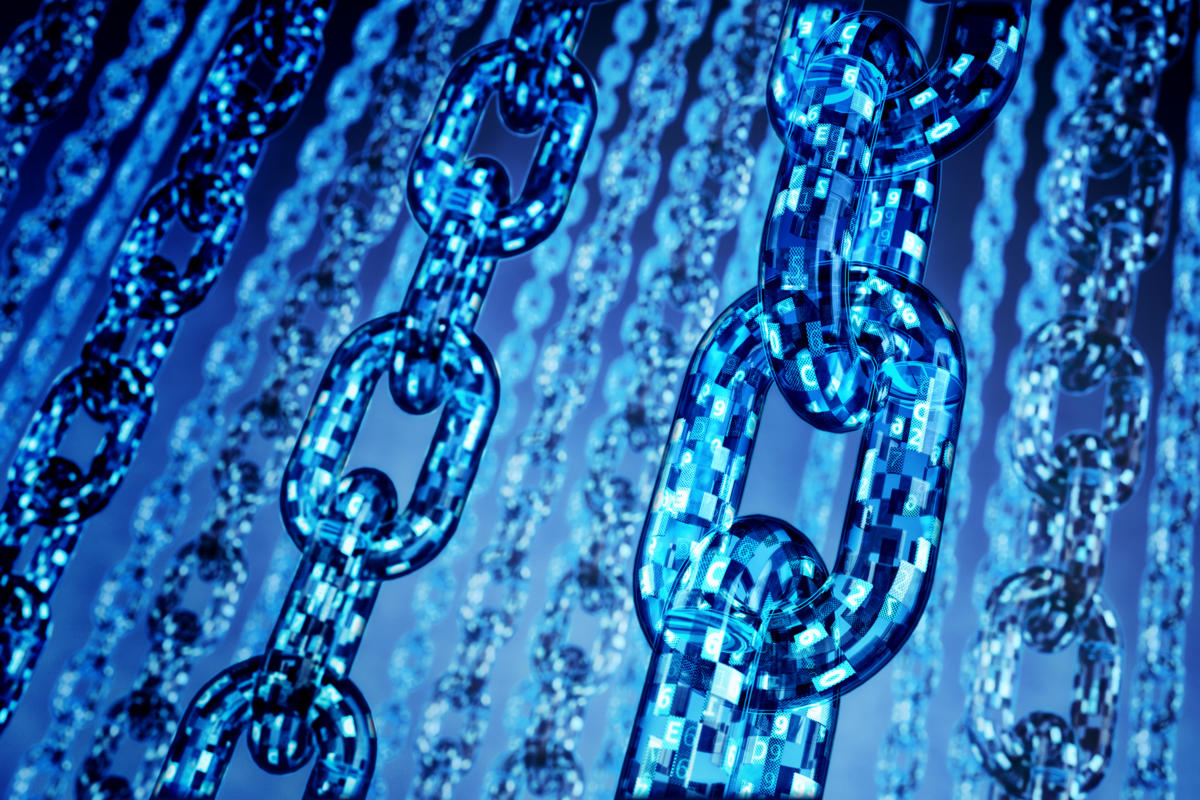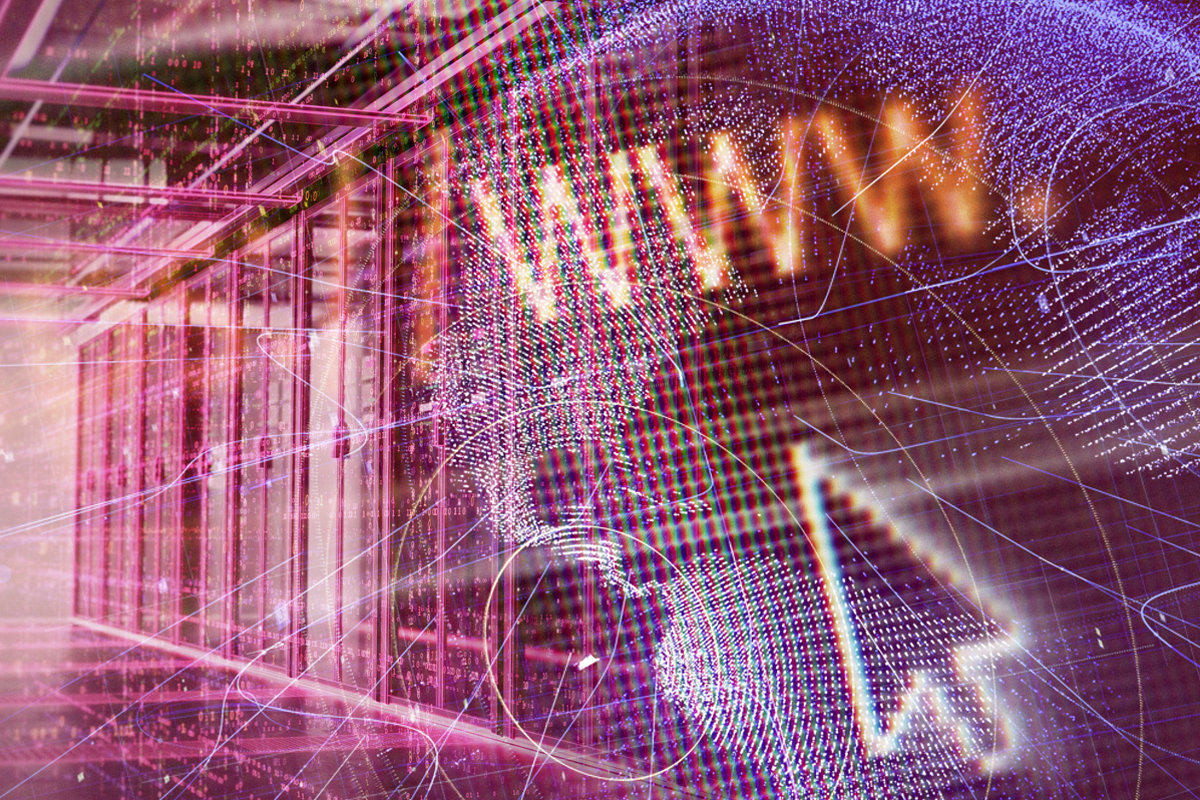Colleges expand VPN capacity, conferencing to answer COVID-19
Colleges that moved from on-campus classrooms to remote learning due to COVID-19 had to quickly upgrade networks to support new VPN connections for remote access. Fortunately, many online-learning platforms rely on cloud-based applications that don’t put additional strain on campus networks.For example, The College of the Holy Cross in Worcester,…

